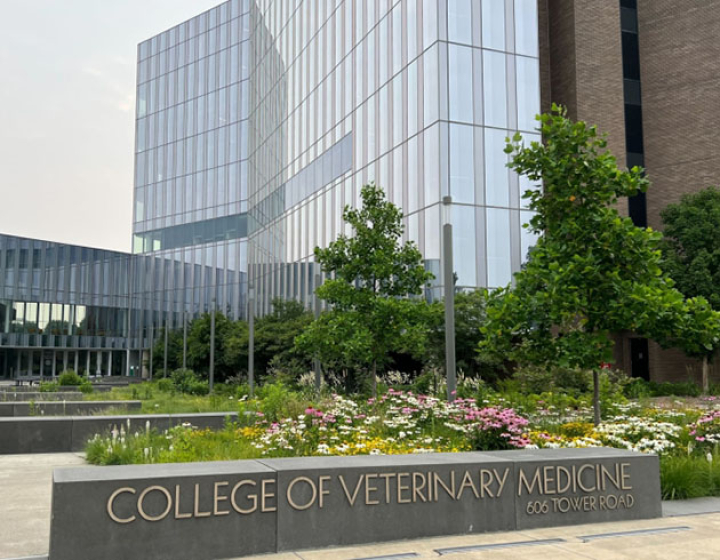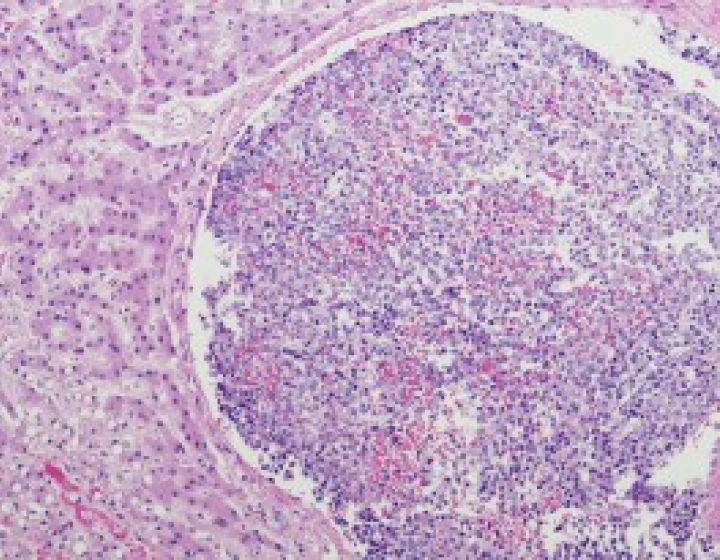Toxin-neutralizing antibodies could be key to defeating typhoid fever
Dr. Jeongmin Song, associate professor of microbiology and immunology, has published a recent study in iScience that details new typhoid toxin-neutralizing antibodies. Song predicts that the information obtained from this study would serve as a basis for future typhoid toxin-neutralizing strategies that would be most effective when combined with anti-bacterial strategies. The research also showed that antibiotic-resistant Salmonella Typhi bacteria, which cause typhoid fever, secrete the typhoid toxin even when they are treated with antibiotics — supporting the information obtained from this study is more crucial than ever. “This is a significant finding of public health relevance,” says Song.
To make these discoveries, Song and her team collaborated with Dr. Nicholas Mantis and his team at New York State Department of Health to develop unique hybridoma cell lines which produced antibodies that target the typhoid bacteria’s toxin. They then tested these antibodies in mouse models, finding that the toxin-neutralizing antibodies protected mice from deadly doses of typhoid toxin. The researchers also identified the molecular mechanisms by which the antibodies neutralized the toxin, and applied cryo-electron microscopy to unveil the whole antibody-toxin complex’s atomic structure. “This is the first report using such a simple procedure, and therefore serves as an important example for similar antibody structure studies,” Song says.
These new insights to this toxin-antibody dynamic lays groundwork for more effective treatments against infection with antibiotic-resistant typhoid bacteria. “We envision that the development of anti-toxin strategies against typhoid toxin is valuable,” says Song, “and that anti-toxin strategies developed based on the findings made in this study may be sufficient against typhoid toxin produced by S. Typhi during actual human infection.”
Written by Lauren Cahoon Roberts





